Yorkshire family's tribute to teenage son to combat 'scandal' over cancer funding
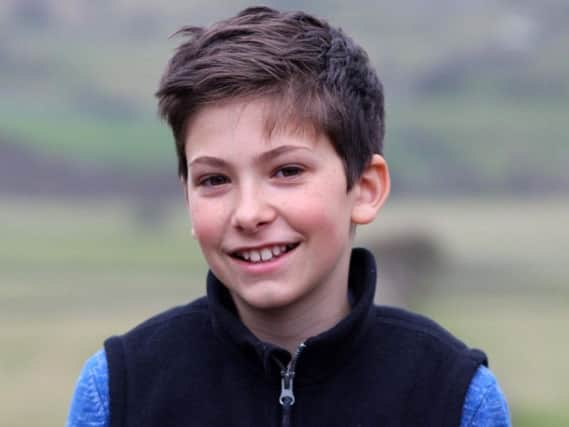

The popular Harrogate boy, a keen sportsman and comedy fan, died from rare Ewing sarcoma in February, at the age of just 14.
Today, his legacy lives on, with nearly £100,000 having been raised for research by a close-knit community still reeling from its loss.
Advertisement
Hide AdAdvertisement
Hide AdBut there is more to be done, say his parents, to keep Frank's memory alive, and to ensure that no other family has to endure their pain.
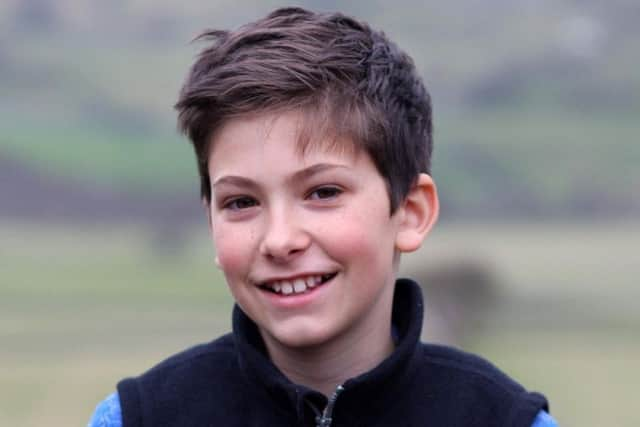

There are "scandalous" injustices over research funding, they argue, as they pledge to help fund work towards a cure.
"The most common cancers get the most money, and I can understand why that is," said mother Louise Ashton. "But whilst that continues to happen, progress will never be made."
Partners of the National Cancer Research Institute (NCRI) reduced annual bone cancer research investment by 43 per cent last year, the Bone Cancer Research Trust reveals.
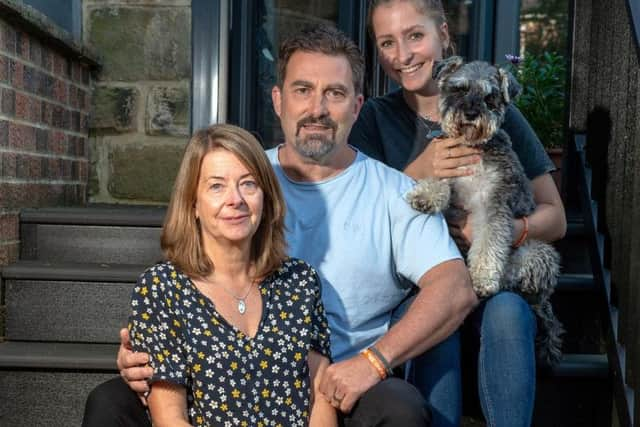

Advertisement
Hide AdAdvertisement
Hide AdThis takes it to a 16-year low, while survival rates and treatments have advanced little in the past 40 years.
Adult cancers get greater spend than children's, the family argue, given the incidence rate and the impact a cure could have.
"We were completely ignorant to it all, four years ago," says father Mike Ashton. "It's been brought home to us in the toughest possible way.
"I can understand the reasons behind it, and the rationale, but it still just seems incredibly unjust that we can neglect children in this way."
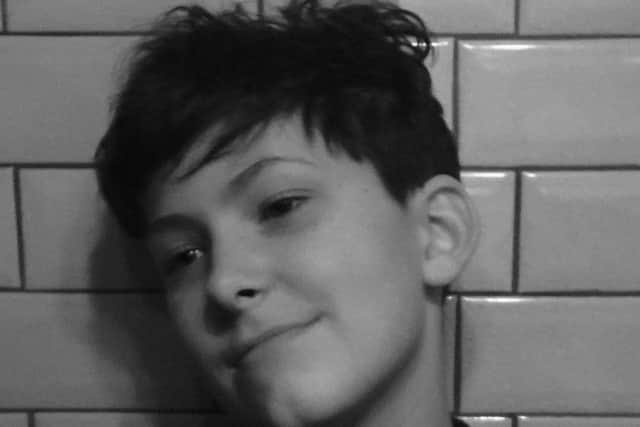

Diagnosis and treatment
Advertisement
Hide AdAdvertisement
Hide AdAt the family's home in Harrogate, Frank's pictures adorn the walls, along with those of his 17-year-old sister Maisy. He is handsome, in his St Aidan's and Pannal Primary School uniform, with a cheeky grin.
The first warning signs had come on a school trip to Grinton when he was 11, with a teacher calling to tell his parents Frank had taken a bump, and there was a lump on his back.
His father took him to A&E, but doctors said it was probably a hematoma, likely to resolve itself. When it didn't, there were further trips to hospital and then the GP.
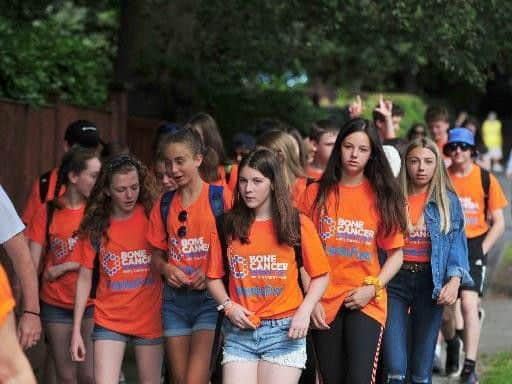

After two months of pushing for tests, the family received a diagnosis they had feared. Frank had Ewing sarcoma.
Advertisement
Hide AdAdvertisement
Hide AdDoctors, under the care of the Leeds General Infirmary, had done everything they could for Frank, say his family, with kindness and compassion.
There had been chemotherapy, proton beam therapy in America, an eight-hour operation to remove the tumour. But despite it all, the cancer returned and Frank died on February 9.
'Frank could light up a room'
Frank had always been a "live-wire", say his parents, the kind of child that could light up a room with his kindness and quirky sense of humour.
He had faced it all with unwavering courage, they add, determined to continue with school, sports, and trips to Nando's with friends.
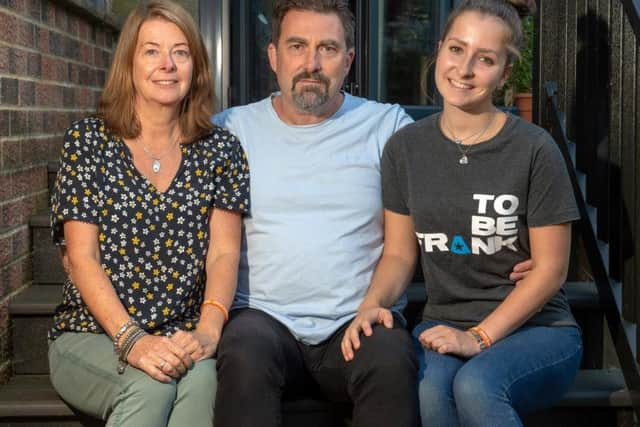

Advertisement
Hide AdAdvertisement
Hide Ad"He never really wanted anybody to know he was ill," said Mrs Ashton, adding that he turned down an offer from the Make a Wish Foundation.
"Towards the end, before he died, his friends had no idea how ill he was, because he never talked about it."
The illness, she adds, had been indiscriminate. And the treatment Frank received was the same had he faced a diagnosis nearly 40 years ago.
"I don't think people have any idea, how little funding there is," she said. "It's not something you ever want to know, or ever think to ask, unless it happens to your child.
Advertisement
Hide AdAdvertisement
Hide Ad"Even then, you don't believe your child is going to die. You think there might be a miracle, and he could be that less-than-one-per-cent child that survives."
Community support
In the months since Frank's death, the entire community has rallied, raising tens of thousands to fund research into Ewing sarcoma.
There have been sponsored walks, races, events, a T-shirt backed by England manager Gareth Southgate and footballer Danny Mills, and a comedy night from former St Aidan's head girl Maisie Adam, now a Fringe star.
Every penny will be ploughed into research.
"We wanted to do something," said Mr Ashton. "We'd like to think that this wasn't all in vain, that something good can come of something so terrible.
Advertisement
Hide AdAdvertisement
Hide Ad"Hopefully what we're doing now will keep Frank's memory alive, but also raise money for something that is completely overlooked, ignored and underfunded."
To support Frank's Fund text BCRT FRANK to 70800 to donate £5 or make a donation online at www.bcrt.org.uk/franksfund
Government response
A Department of Health and Social Care spokesperson said: “Research is crucial in the fight against cancer, and we are committed to doing more to understand this devastating condition.
"We invest £1bn per year in health research through the National Institute for Health Research, and while funding is not ringfenced for specific diseases, cancer is our largest investment. We welcome applications for sarcoma research.”
Advertisement
Hide AdAdvertisement
Hide AdThe NIHR welcomes funding applications for research into any aspect of human health, including sarcoma, the department has stressed.
It is not usual practice to ring-fence funds for particular topics or conditions. Applications are subject to peer review and judged in open competition, with awards being made on the basis of the importance of the topic to patients and health and care services, value for money and scientific quality, they explained.